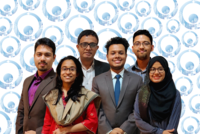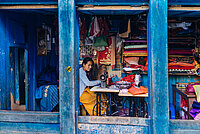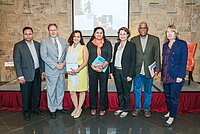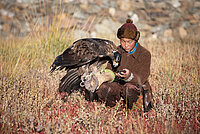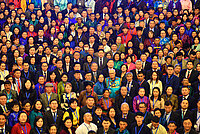404 - The requested page could not be found!
The reasons for this could be that you have called an incorrect or out-of-date address (URL) - please check again. Or we have archived, moved or renamed the page.
Why don't you try an introduction through our website at asia.fes.de
67 results:
61.
04.03.2021
| Economy of tomorrow
| News
Training Bangladesh’s next generation of advocates, through the pandemic
63.
11.05.2020
| Cross-cutting regional issues
| Coronabrief
Technology for a social cause: TikTok and Asia’s mobile-first nations
64.
14.01.2021
| Gender Justice
| News
Women and girls across Asia are facing complex, urgent risks from the pandemic, expert warns
66.
23.11.2021
| News
More than just a number: the rising value of high-prestige digits in modern Mongolia
67.
31.03.2023
| New Geopolitics of Asia, Networks for social democracy
| News
Key concerns of Mongolian public revealed by deliberative democracy event


